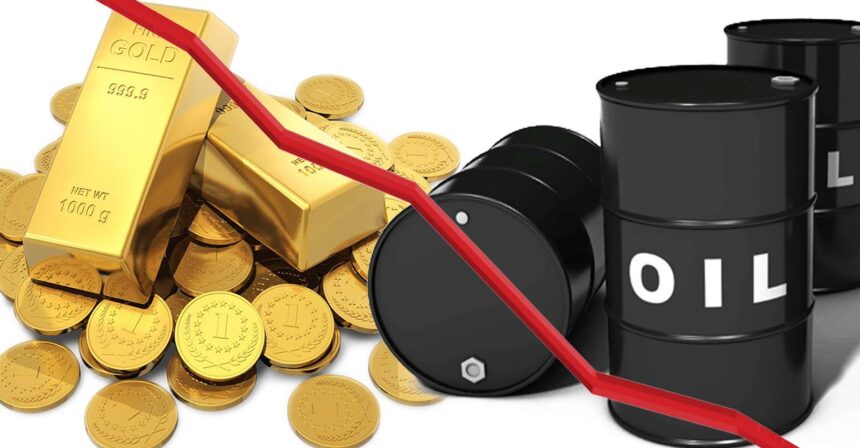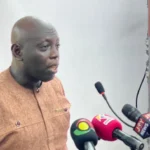The credibility of Ghana’s economic management is under fresh scrutiny after two top state institutions gave sharply different accounts of the controversial Gold-for-Oil (G4O) programme.
On March 3, 2025, Bank of Ghana (BoG) Governor Dr. Johnson Asiama confirmed the G4O scheme was operational but suspended due to policy and operational challenges. He said the programme involved direct use of gold to secure petroleum imports.
The matter appeared settled until August 11, 2025, when the BoG’s First Deputy Governor disclosed that a total of 27.63 tonnes of gold were exchanged for 1.95 million metric tonnes of petroleum products under G4O.
Yet, less than three weeks earlier, on July 25, 2025, Finance Minister Dr. Cassiel Ato Forson insisted in Parliament that there had been “no barter… never, never”, describing the so-called G4O as nothing more than standard dollar payments for oil.
The Institute for Economic Research, Policy, and Practice (IERPP) says these two accounts cannot both be true and has called for urgent parliamentary intervention. “Ghanaians deserve more than contradictory soundbites, they deserve facts,” said Executive Director Prof. Isaac Boadi in a statement.
The think tank has demanded transaction-level records to confirm whether gold was indeed used for oil imports, the dates such transactions took place, and the actual economic impact on fuel prices, foreign exchange stability, and reserves.
The IERPP has also challenged both institutions to submit to an independent forensic audit of the programme, with findings made public.
At the heart of the dispute lies not only the fate of the G4O programme but also the integrity of economic communication in Ghana. With BoG and the Finance Ministry offering opposing stories, public trust hangs in the balance




